 |
Following in the footsteps of the US’s First, Fifth, Seventh, Ninth and Eleventh Circuit Courts of Appeals, judges for the Third Circuit Court of Appeals have unanimously ruled that individuals have a First Amendment right to photograph and video record police officers in public. The decision follows multiple cases involving law enforcement retaliation against individuals who were recording police activity in public.
The ruling, which was filed on July 7, 2017, details two cases in which Philadelphia police officers interfered with individuals who were recording public law enforcement activity.
The first case involved Amanda Geraci, who was filming the arrest of an anti-fracking protester when an officer ‘pinned’ her against a pillar, blocking her ability to record the arrest. The second case involved Richard Fields, who was arrested after refusing to stop recording public police activity.
On behalf of the court, and per the document filed last week, Judge Thomas Ambro wrote, “Simply put, the First Amendment protects the act of photographing, filming, or otherwise recording police officers conducting their official duties in public.”
There may be exceptions to this right, the judge notes, such as times when a “recording interferes with police activity.” However, in the absence of that concern, the Court finds that “under the First Amendment’s right of access to information, the public has the commensurate right to record—photograph, film, or audio record—police officers conducting official police activity in public areas.”
Articles: Digital Photography Review (dpreview.com)

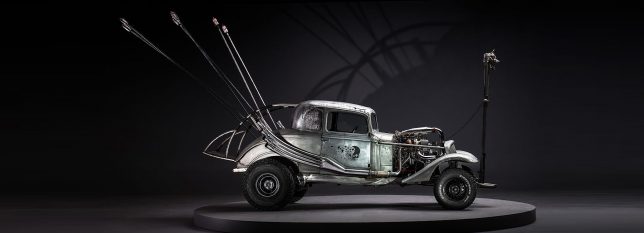


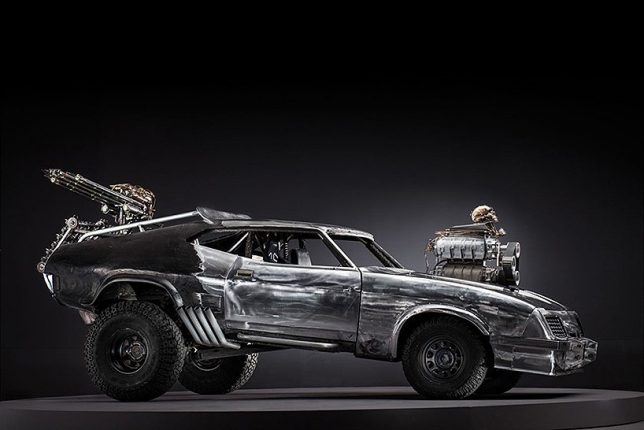
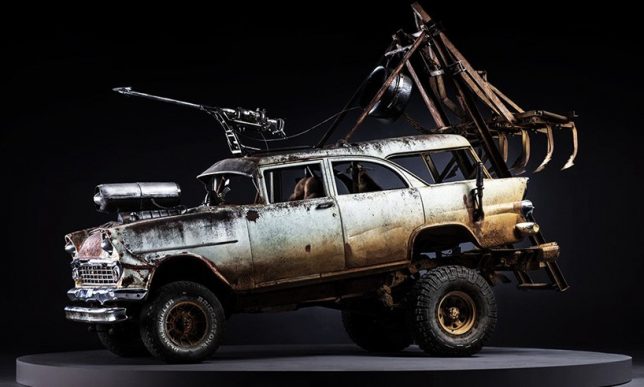


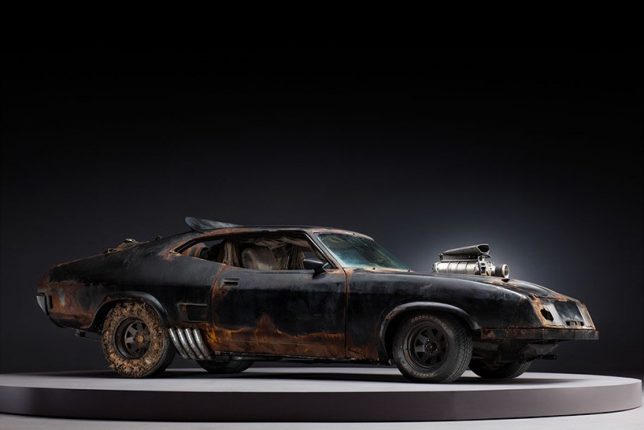
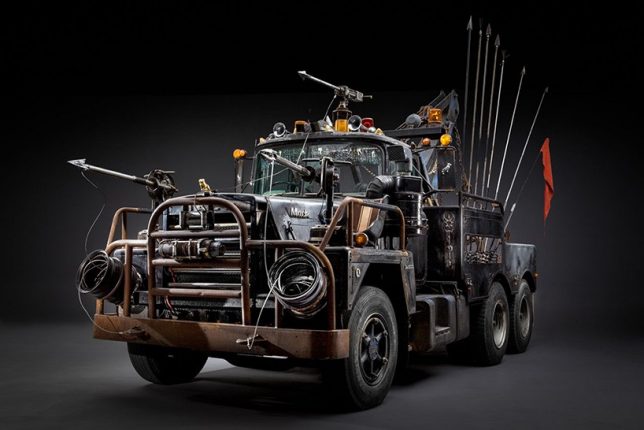





You must be logged in to post a comment.